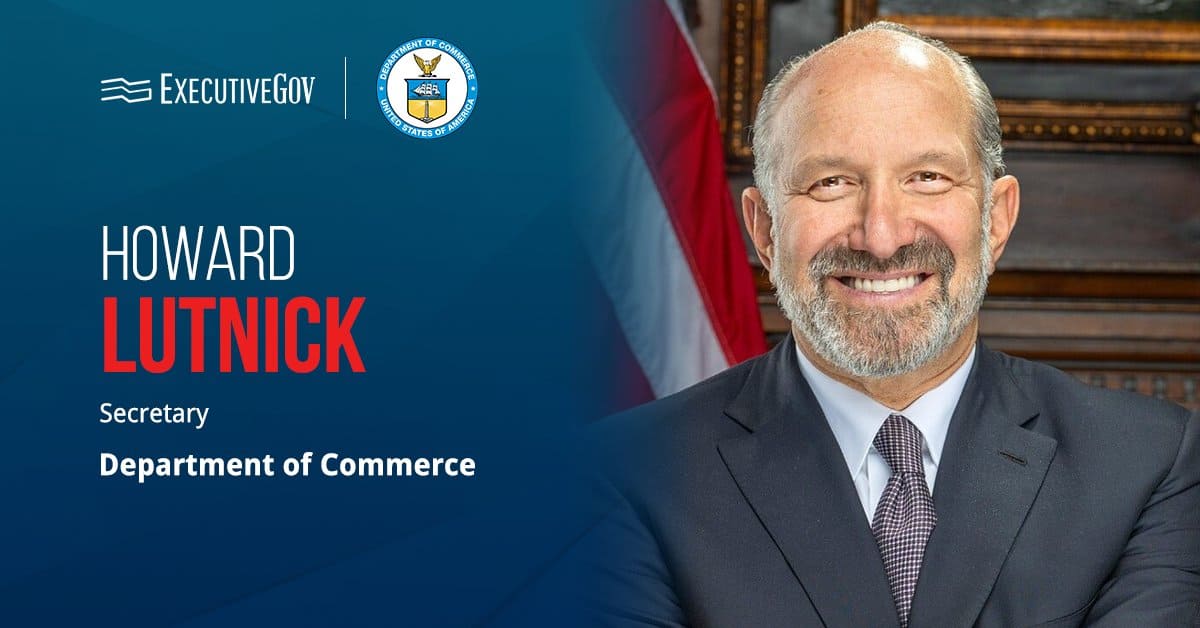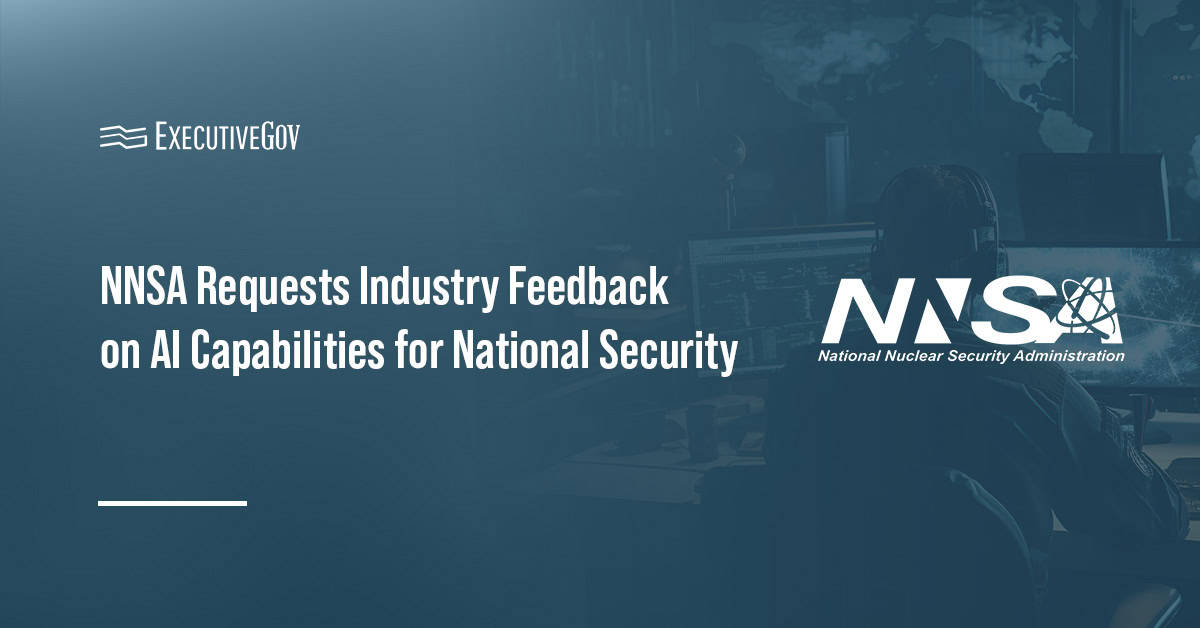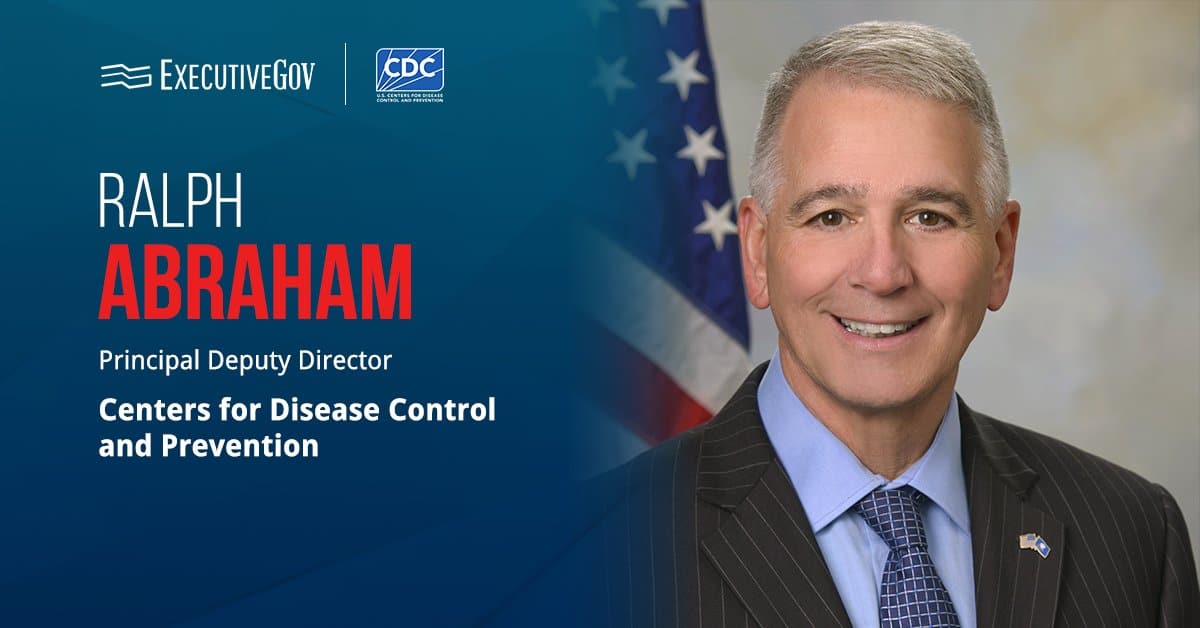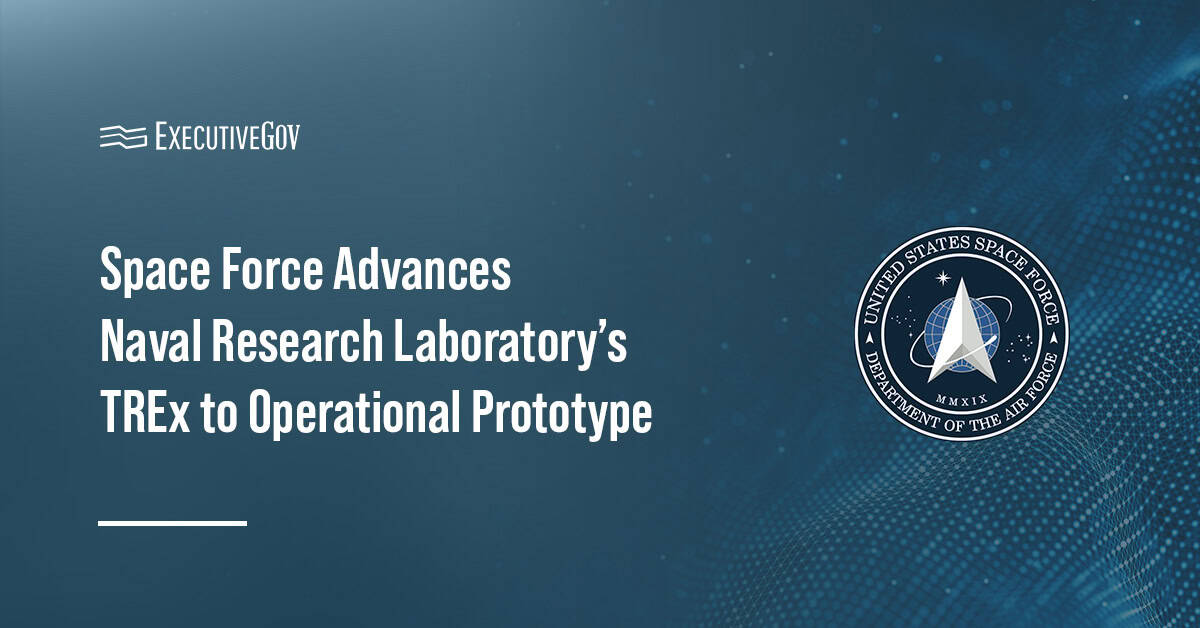The Department of War plans to impose a 5 percent cap on fees that value-added resellers charge for certain IT products, according to a draft memo obtained by Federal News Network.
The undated document from Michael Duffey, under secretary of war for acquisition and sustainment, said the change will affect IT products under special item number, or SIN, 3341 sold through the General Services Administration’s schedule contract.
SIN 3341 covers the acquisition of new electronic equipment, such as desktops and laptops, storage devices, servers, routers, switches, and audio, video and communications equipment.

Get updates about ongoing modernization efforts across government and plans for next-generation technologies that will revolutionize federal and defense processes at the Potomac Officers Club’s 2026 Digital Transformation Summit on April 22. You can get your tickets as early as today to secure your spot at this highly anticipated GovCon networking event.
Table of Contents
What Are the Acquisition Changes DOW Wants to Implement?
DOW is not the only agency looking into government purchase of IT products from value-added resellers. In June, GSA sent a letter to 10 companies to understand the role of value-added resellers and to figure out how original equipment manufacturers can sell directly to the government.
Sources also told Federal News Network in October that GSA also plans to cap markups at 5 percent, but there will be exceptions that would require approval from contracting officers.
Duffey referenced GSA’s plan in the draft memo, adding that DOW contracting officers will “determine fair and reasonable pricing by considering the unique factors of a given acquisition.”
“Finally, and in general, we will apply the same common-sense approach to avoid paying excessive pass-through costs and avoid paying non or low-value added price markups across the complete range of the procurement,” the official added.
The Pentagon will also require value-added resellers to disclose the manufacturer’s price and percentage markup in price proposals. Vendors will need to submit justifications for markups above 5 percent.
What Other Actions Has the Government Taken to Save Taxpayer Dollars?
Since President Donald Trump took office in January, the government’s procurement processes have undergone changes to save taxpayer dollars.
In September, for instance, GSA established the Office of Centralized Acquisition Services, or OCAS, within the Federal Acquisition Service to coordinate and consolidate the purchase of common goods and services. OCAS is expected to reduce duplicative purchases and save money by taking advantage of the government’s buying power.
The Department of Government Efficiency also recently revealed that several agencies canceled 103 contracts with a total ceiling value of $4.4 billion, resulting in up to $103 million in savings.














